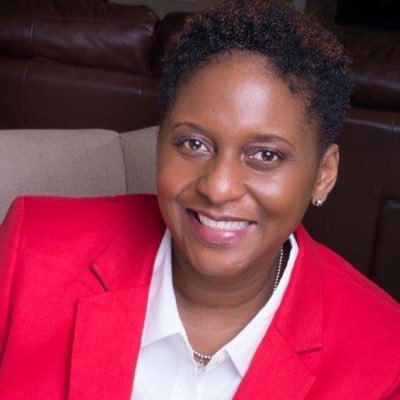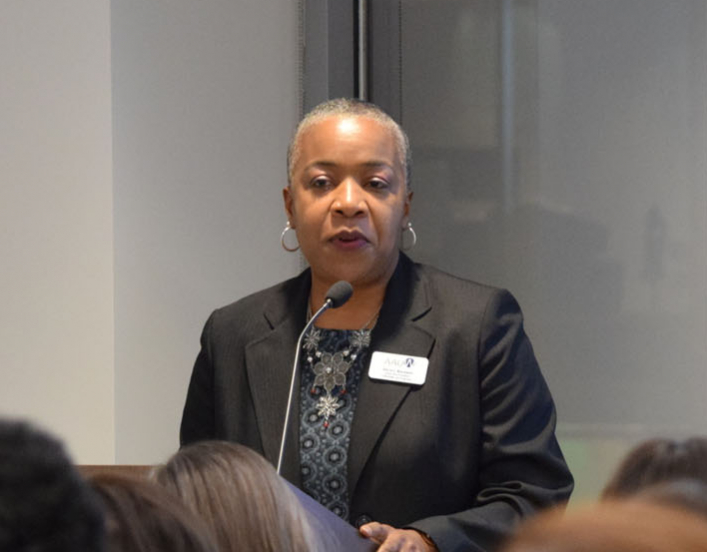Do Black Men Get Paid More Than Women
If you're a Black woman in the United States, that's a likely reality.
According to the U.S. Census, on average, Black women were paid 63% of what non-Hispanic white men were paid in 2019. That means it takes the typical Black woman 19 months to be paid what the average white man takes home in 12 months. That's even worse than the national earnings ratio for all women, 83%, as reported in AAUW's The Simple Truth about the Gender Pay Gap.
These factors are behind the gender pay gap that Black women encounter:
Intersecting injustice
Black women and girls live at the intersection of sexism and racism. While sexism and racism are distinct forms of discrimination that manifest differently, their effects are compounded when a person experiences both at the same time. Intersectional discrimination perpetuates the racial and gender wealth gaps, limits Black women's access to educational opportunities, and impedes their career advancement.
The wealth gap
This explains why Black women's earnings are so far behind those of both white men and white women. In 2013, the median white household had 13 times the wealth ("wealth" refers to total assets minus debts) of the median Black household — specifically, the median white household had about $134,000 to the median Black household's $11,000.
The wealth gap Black families experience can be traced to historic injustices such as slavery, segregation, redlining (the practice of differentiating areas of a city or town by race, often leading to the denial of necessary goods and services to people who live in those areas), unequal access to government programs like welfare and the G.I. Bill and ongoing institutionalized and systematic discrimination. This disparity in wealth spans generations and perpetuates unequal pay and diminished opportunities, decreasing the amount of resources that Black families can devote to education and career advancement.
Education
While education is often thought of as a great equalizer, it does not shield women of color from the pay gap or the wealth gap. Recent research by Demos found that the median white adult who dropped out of high school has 70% more wealth than the median Black adult with some college education. That means relying on education alone to close the pay gap will not work for women, especially Black women.
Occupational segregation
Black women are more likely to work in lower-paying service occupations (like food service, domestic work and health care assistance) than any other industry and less likely to work in the higher-paying engineering and tech fields or managerial positions. The U.S. Bureau of Labor Statistics shows that the percentage of Black women who are full-time minimum-wage workers is higher than that of any other racial group.
To make matters worse, there's an even bigger pay gap in the service industry, where women make less per week than women working full-time across all occupations. That's why a livable minimum wage is crucial to all women (who make up two-thirds of tipped workers), and especially Black women.
In addition to being overrepresented at the low-paying end of the spectrum, Black women are underrepresented at the top. Black women make up just 1% of the high-paying engineering workforce and 3% of computing. Among the few Black women who do break into these careers, discriminatory practices drive many out.
Why Equal Pay Matters
The pay and wealth disparities that Black women face affect not only individuals, but also the people around them. Since 80% of Black mothers are the sole, co-breadwinners or primary breadwinners for their households, a fair salary can mean the difference between struggling and sustainability for a family.
Paying all workers fairly means more women can support their families while also contributing to the overall economy. True pay equity requires a multifaceted strategy that addresses both the gendered and racialized injustices that Black women encounter every day.
Take action for Black women today by telling Congress it's time to pass the Paycheck Fairness Act.
Act Now
Related

Author Minda Harts shares insights and advice addressing the issues women of color face in professional settings, from the wage gap to biases and micro-aggressions.

Do Black Men Get Paid More Than Women
Source: https://www.aauw.org/resources/article/black-women-and-the-pay-gap/
0 Response to "Do Black Men Get Paid More Than Women"
Post a Comment